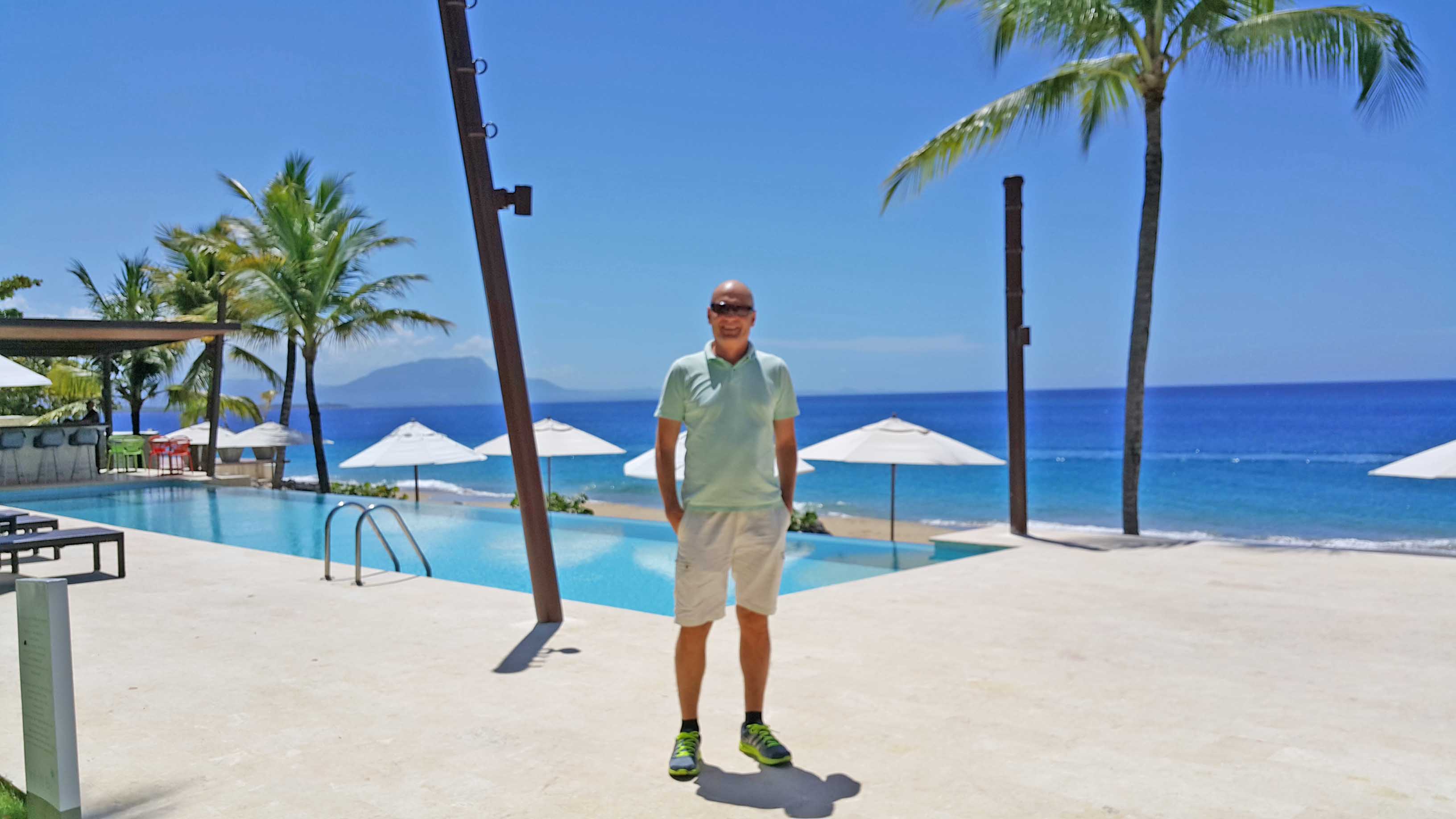MORE INFORMATION ABOUT CASA DE CAMPO AND HIS REAL ESTATE OPPORTUNITIES
Casa de Campo, in the Dominican Republic, is a 7,000-acre tropical paradise. As the Caribbean’s “Most Complete Resort” it attracts elite clientele from around the world to vacation, purchase, build and rent villas!
Casa de Campo is the perfect combination of ingredients: warm year-round climate with beautiful balmy breezes, an international community, extensive culture and music, blue ocean and unsurpassed amenities and activities.
Most importantly, Casa de Campo has an established community that offers our homeowners a secure investment with historical records — all supported by a sound corporation. Since 1990 the Central Romana Corporation has provided a state of the art and continually updated infrastructure to the community ensuring the energy supply, roads, medical support and even children’s education are at the top level.
Your next step: explore the Casa de Campo Real Estate opportunities with one of my licensed associates
and tour some of our exclusive real estate listings. My associates will make the buying/closing process smooth and effortless.
- Casa De Campo Minitas Beach
- Real Estate Investments in Casa De Campo
- Own A Luuxury Villa in Casa de Campo
- Vip CLUB MINITAS
- Casa de Campo Real Estate
- Newest Villas For Sale
OWNING A LUXURY VILLA IN THE FAMOUS CASA DE CAMPO RESORT. WHAT TO KNOW ABOUT TAXES AND HOW TO PURCHASE THE PROPERTY.
1) How do you own property- in your personal name or in a corporate name?
You can choose either way. No matter which way you own property, personal name or corporate,
You own that property outright, with title, fee simple.
2) If a property is owned in a corporate name, can it be assignable?
Yes, you can transfer shares of the corporation to a new owner. Note: the new owner can be another corporation or trust.
3) Will I pay property tax on a yearly basis? How does the government determine the taxable
amount?
Yes. Property tax is called “IPI” tax. It is approximately 1% of the assessed value of the home that is determined by the number of square meters of the house and its appraised value. If the property is owned by the corporation, the applicable tax is tax over the assets (impuesto sobre activos), but a company must pay the higher value of either the 1 % tax over assets or 25 % over its net income.
Companies that only own property are generally subject to the 1% tax over its assets and that
asset is normally the real estate.
4) Do you get a deed at closing? Is there a Transfer Tax?
If the transaction is a transfer of real property, the Seller must provide you with the Deed of Title Duplicate of Owner (Certificado de Titulo duplicado del Dueño) along with other documentation required to record the transfer at the land registry. Before you record the transfer of title, you must pay your transfer taxes (3% of the value of the property) at the Department of Internal Revenue which issues
Receipt evidencing you have paid. If the transaction is a transfer of shares, then
the Seller must provide you with the shares and the Deed of Title Duplicate of Owner. The current government is revising the transfer tax percentage.
5) Do you need title insurance?
It is not customary, but it is available through Las Americas Title Services and other agencies.
6) What are the typical closing costs? How much is the Transfer Tax?
Closing costs will be your attorney’s fees. The transfer tax is 3% of the value of the property. The current government is revising the transfer tax percentage.
7) Does financing impact the closing?
Sellers do not require local financing. Banks will require appraisals in order to approve the loans and if financing has been pre-approved, it should not impact the closing.
8) Is there a due diligence period for a property inspection before putting down a deposit?
It is common in the DR to perform due diligence on the property. Purchasers want to make sure the property is free of liens and encumbrances, the Seller is up-to-date in the payment of property tax, that the surface area of the property is what the seller says it is, etc.
9) How do you apply for tax exemptions?
Any attorney can find out if you qualify for tax exemptions and how it is paid.







